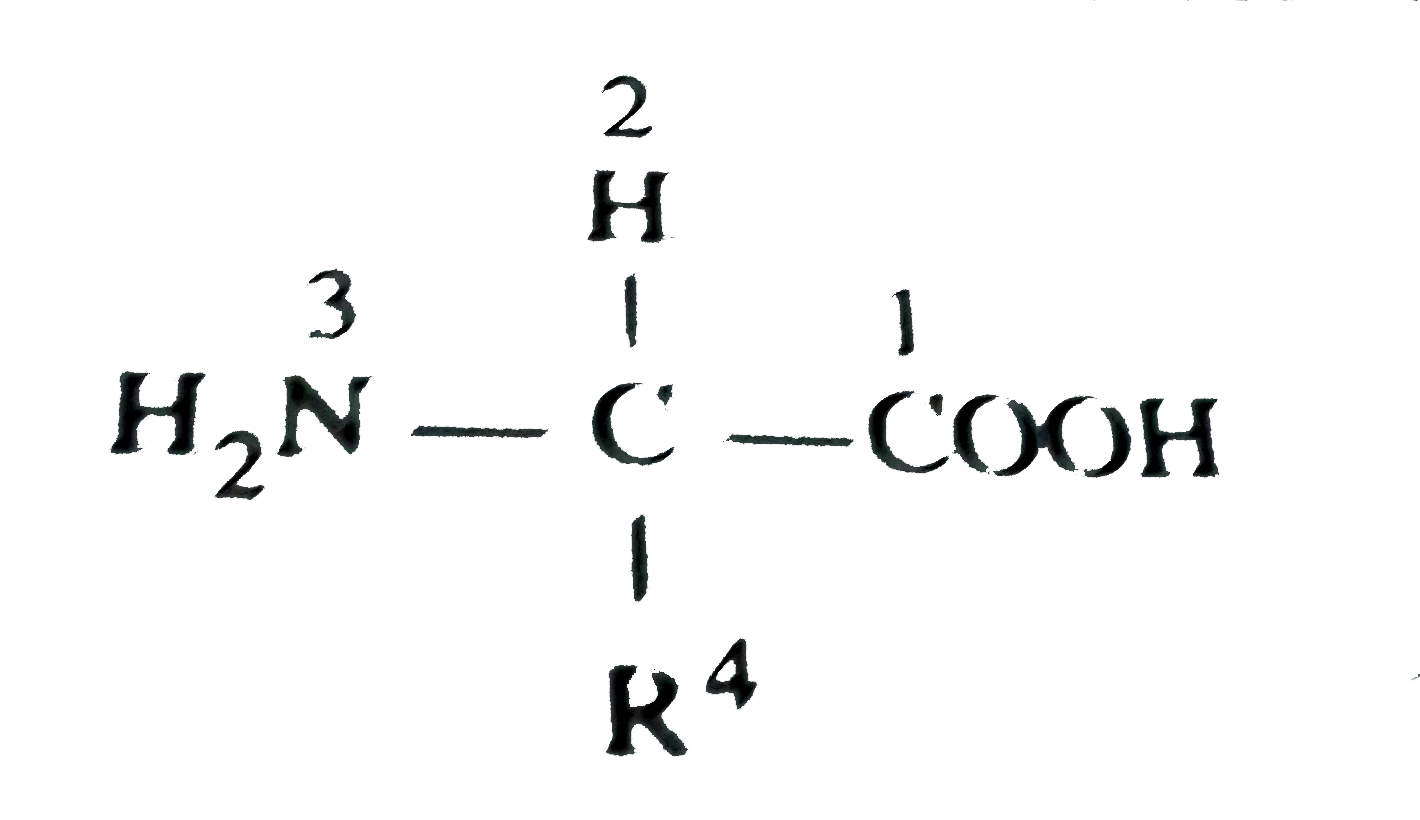The rate of reaction depends on the effectiveness of the nucleophile in ejecting the leaving group. Nucleophilicity is the affinity for atom, while basicity is the affinity for proton.
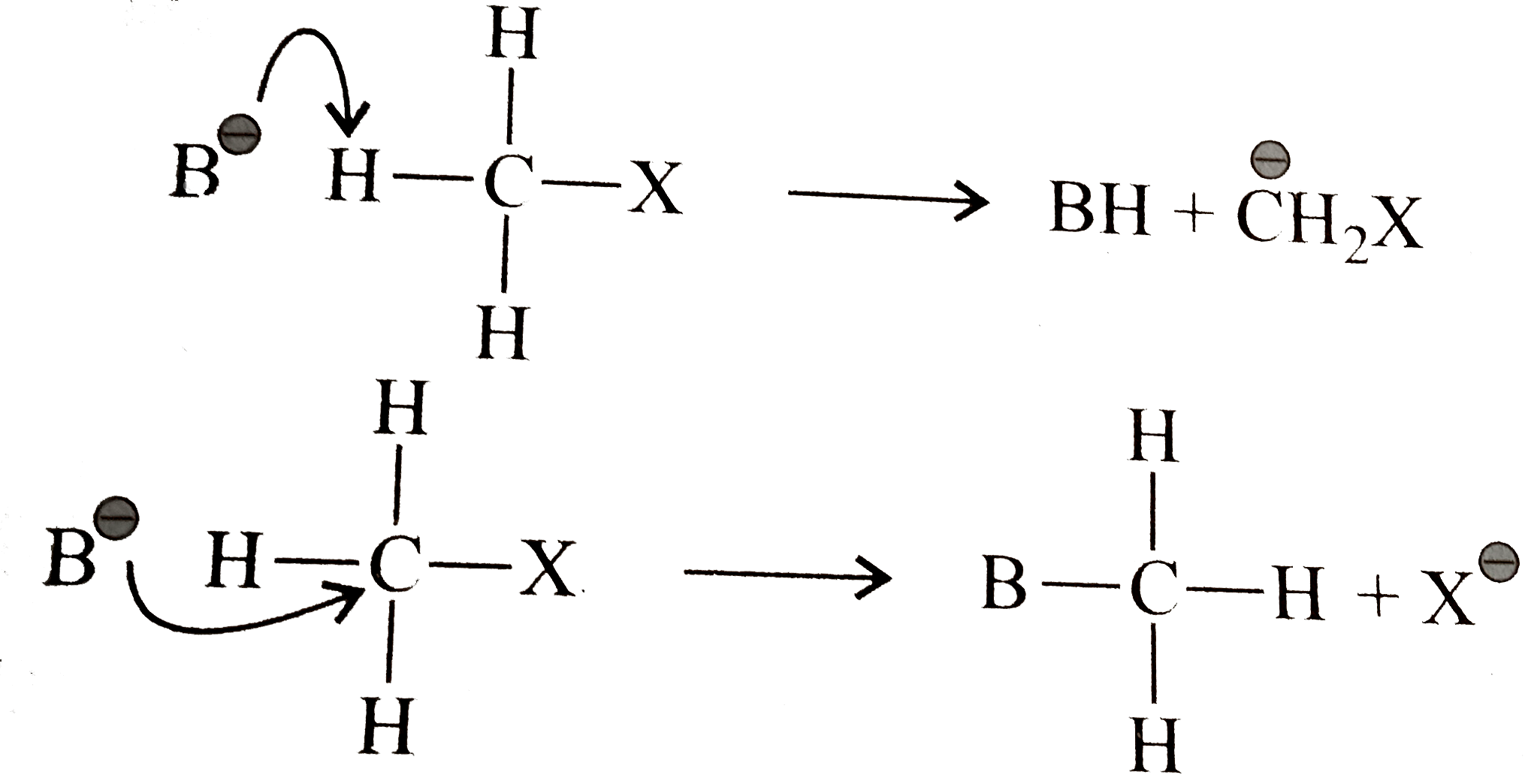
In both cases, a new bond is formed. If a new bond is formed between the anion and proton, the specied acts as a base. If a new bond is formed between the anion and atom, the species acts as nucleophile.
Which of the following compounds gives , and mechanisms ?
A

B

C
Ph-I
D

Video Solution
Text Solution
The correct Answer is:B
(b) Allyl halide can undergo , and reactions.
|
Topper's Solved these Questions
- ORGANIC REACTION MECHANISMBOOK - CENGAGE CHEMISTRYCHAPTER - ORGANIC REACTION MECHANISMEXERCISE - Multiple Correct
30 Videos
- ORGANIC REACTION MECHANISMBOOK - CENGAGE CHEMISTRYCHAPTER - ORGANIC REACTION MECHANISMEXERCISE - Single correct
50 Videos
- ORGANIC REACTION MECHANISMBOOK - CENGAGE CHEMISTRYCHAPTER - ORGANIC REACTION MECHANISMEXERCISE - Subjective
19 Videos
- NCERT BASED EXERCISEBOOK - CENGAGE CHEMISTRYCHAPTER - NCERT BASED EXERCISEEXERCISE - Chemical Equilibrium
72 Videos
- P-BLOCK GROUP 13 - BORON FAMILYBOOK - CENGAGE CHEMISTRYCHAPTER - P-BLOCK GROUP 13 - BORON FAMILYEXERCISE - Exercise Archives (Subjecive)
9 Videos
Similar Questions
Knowledge Check
The rate of SN2 reaction depends on the effectiveness of the nucleophile in ejecting the leaving group. Nucleophilicity is the affinity for C atom, while basicity is the affinity for proton.
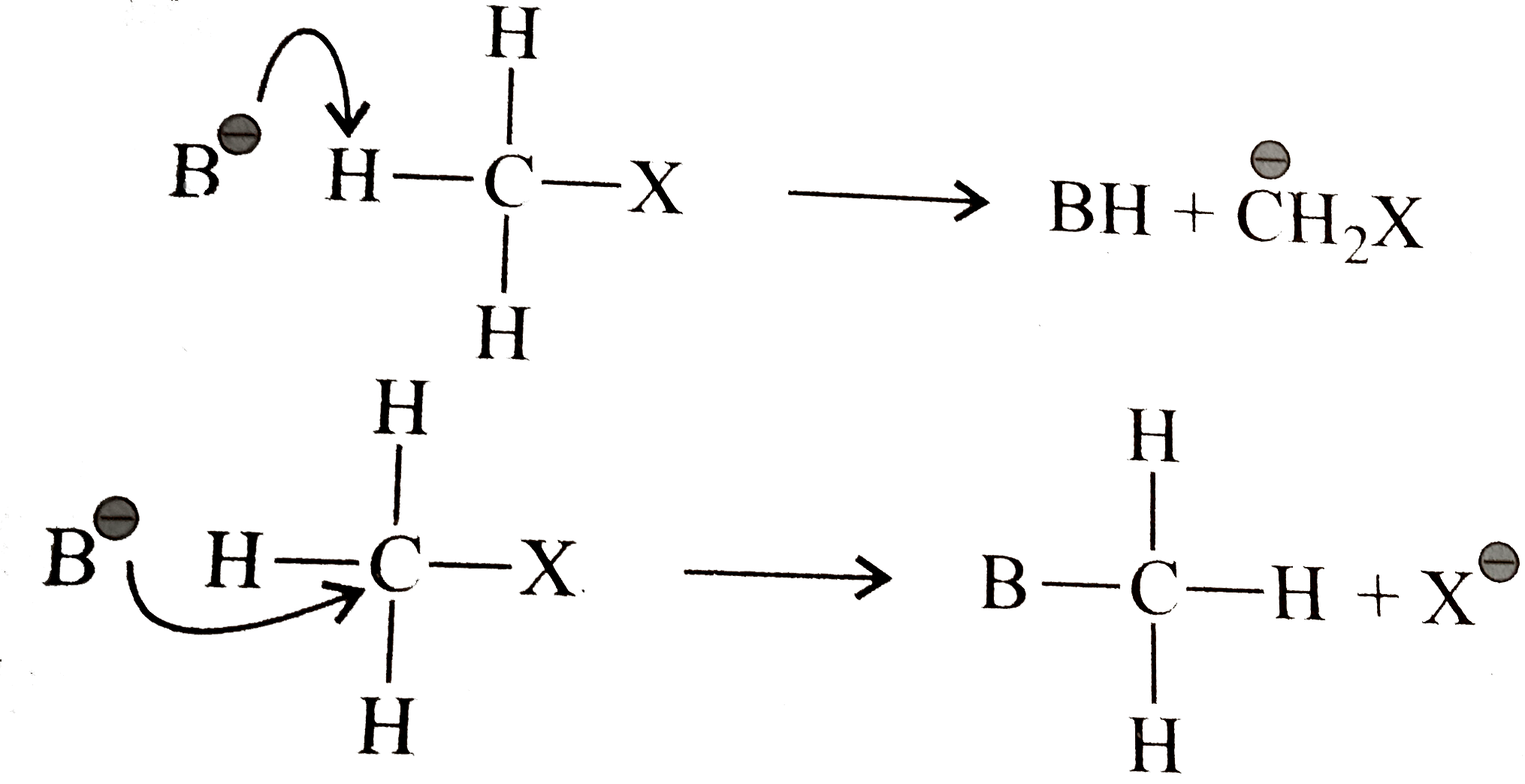
In both cases, a new bond is formed. If a new bond is formed between the anion and proton, the specied acts as a base. If a new bond is formed between the anion and C atom, the species acts as nucleophile.
Which of the following is wrong ?AThe decreasing basic order of the following is :
NH3>PH3>AsH3>SbH3BThe decreasing basic order of the following is :
CHӨ3>ӨNH2>ӨOH>FӨ.CThe decreasing nucleophilic order of the following is :
ӨCH3<ӨNH2<ӨOH<FӨ.DThe decreasing basic and nucleophilic order of the following is :
ӨCH3>HӨ>ӨOH>ӨOMe>ӨCN.The rate of SN2 reaction depends on the effectiveness of the nucleophile in ejecting the leaving group. Nucleophilicity is the affinity for C atom, while basicity is the affinity for proton.
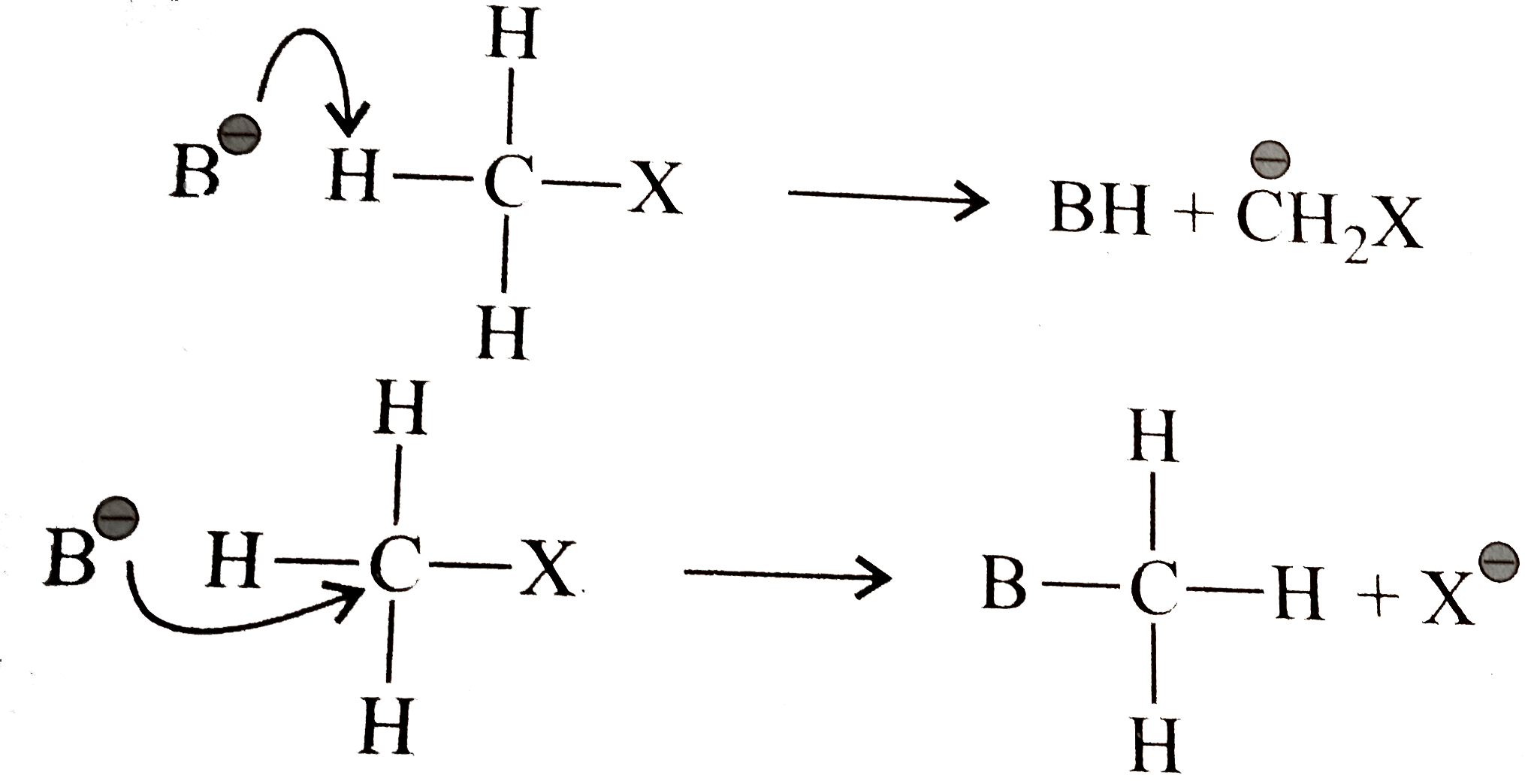
In both cases, a new bond is formed. If a new bond is formed between the anion and proton, the specied acts as a base. If a new bond is formed between the anion and C atom, the species acts as nucleophile.
Which of the following statements is wrong ?AThe nucleophilicity order in non-polar solvents (e.g., CCl4,CS2) of the followind is :
IӨ>BrӨ>ClӨ>FӨ.BThe nucleophilicity order in polar protic solvents (e.g., H2O) of the following is :
IӨ>BrӨ>ClӨ>FӨ.CThe nucleophilicity order in weakly polar protic solvents (e.g., nitro benzene, acetone) of the following is :
FӨ>ClӨ>BrӨ>IӨ.DThe nucleophilicity order in polar aprotic solvents (e.g., DMSO,DMF) of the following is :
FӨ>ClӨ>BrӨ>IӨ.The rate of SN2 reaction depends on the effectiveness of the nucleophile in ejecting the leaving group. Nucleophilicity is the affinity for C atom, while basicity is the affinity for proton.
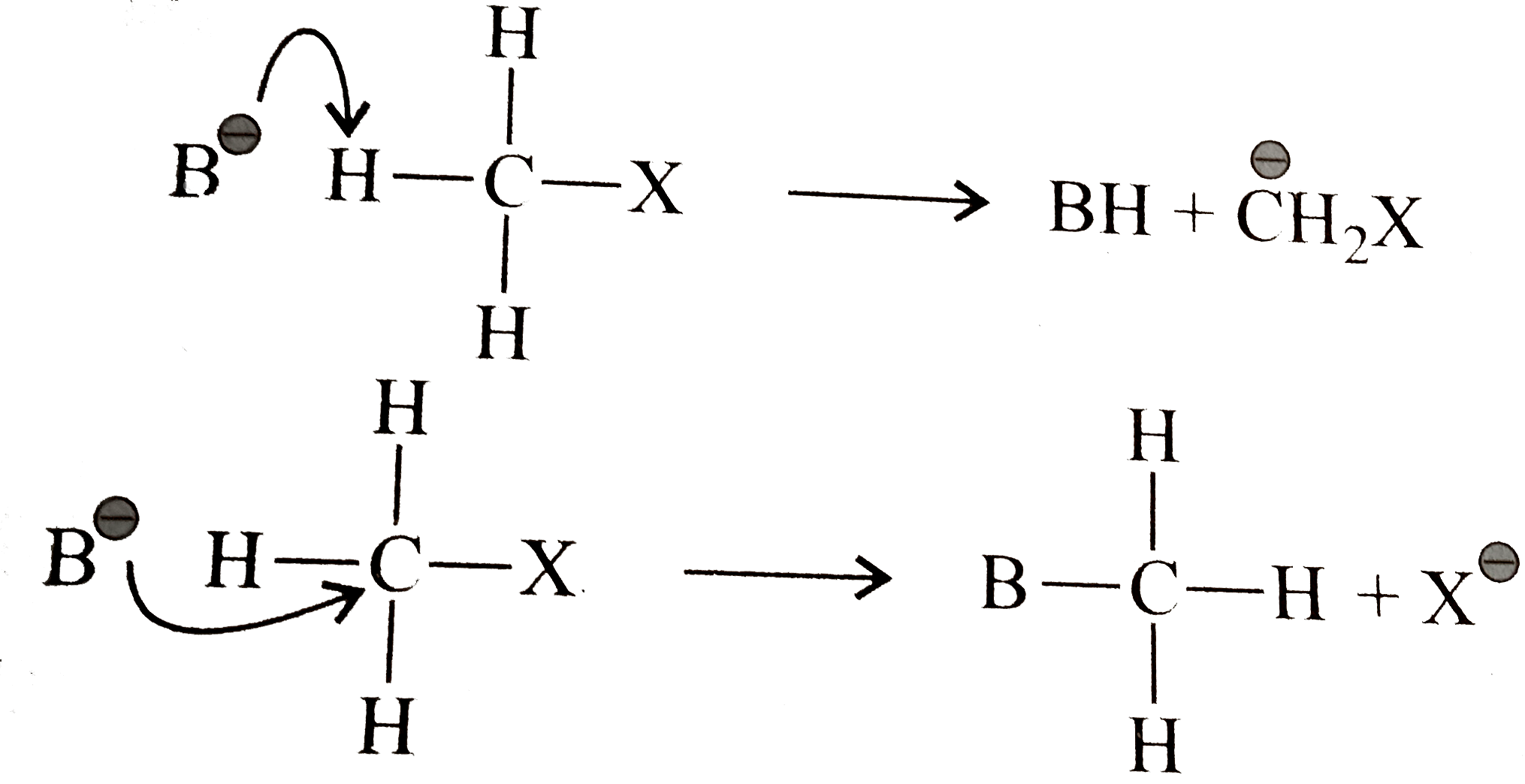
In both cases, a new bond is formed. If a new bond is formed between the anion and proton, the specied acts as a base. If a new bond is formed between the anion and C atom, the species acts as nucleophile.
Which of the following statements is wrong ? Nucleophile order of the following in weakly polar aprotic solvents, e.g., acetone is :ALiI>LiBr>LiCl>>LiF.BCsF>RbF>KF>NaF>LiFCR4N⊕IӨ>R4N⊕BrӨ>R4N⊕ClӨ (R = Butyl group)DAll

